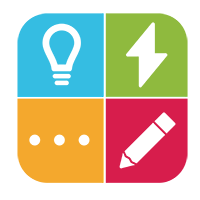The project
- Home
- The project

The project
Aim and challenges
The Accelerated Learning Program (ALP) was developed in 2020 by a tripartite collaboration scheme, of the University of Thessaly, UNICEF, and the Institute of Educational Policy, to address issues of inclusion in lower Secondary Education (High School). students with refugee or immigrant experience. Pupils who, in addition to the challenge of learning a new school language, face significant barriers to attending other subjects, often because of the more or less extended periods during which they have been left out of school in their country of origin, during the refugee journey, but also during the first period of their stay in Greece.
Methodology and Content
In this context, the Accelerated Learning Program was set up as a learning framework, compatible with existing curricula, transformed into corresponding educational materials for students, guides for teachers, and diagnostic tests to capture knowledge and skills in Biology, History, Social Science, Mathematics, Physics, and Chemistry.
The educational materials for the students summarize, in a context that can be presented in a school year of study, the basic knowledge and skills provided in the three years of study in the Gymnasium, to enable the effective inclusion of these students in the classes in which they are placed based on their age. In other words, ALP materials support students who, for whatever reason, have been out of school for shorter or longer periods, to supplement the knowledge that will enable them to keep up with students of their age and to have a successful school path and access to the next educational levels beyond compulsory education. In this sense, tackling early school leaving, non-systematic attendance and school dropout are among the main goals of the Accelerated Learning Program.
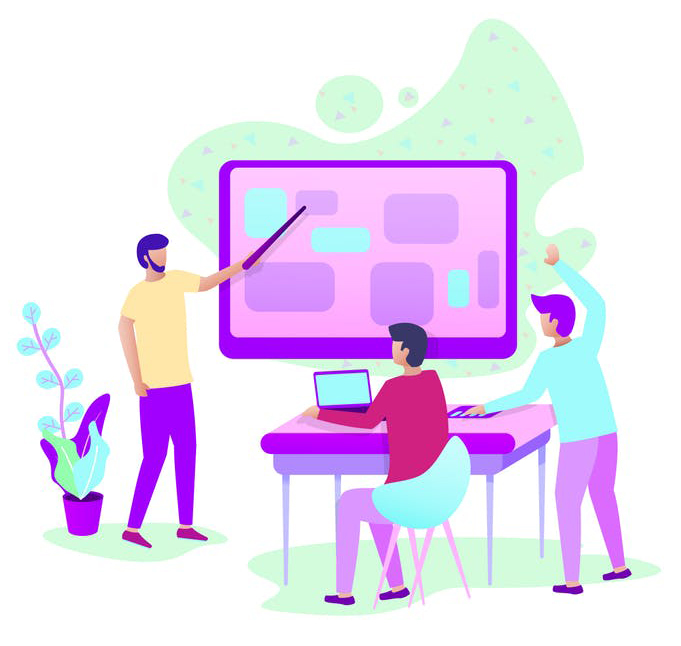
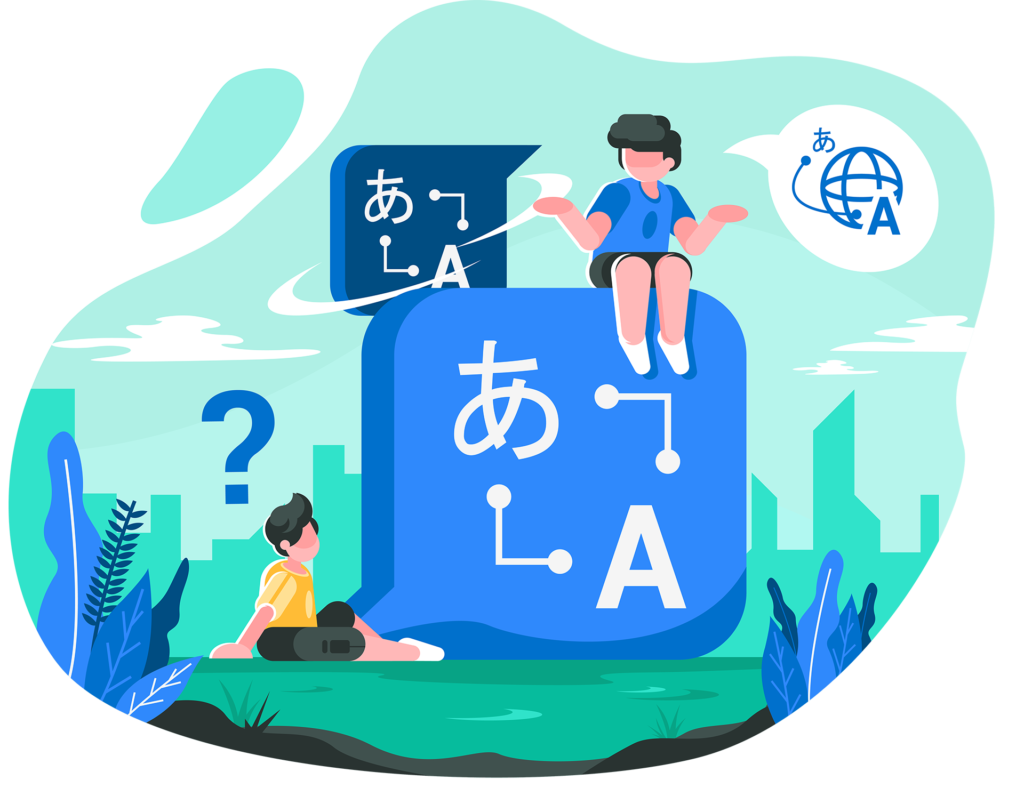
Language issues
At the same time, the fact that students with refugee or immigrant experience come into contact with these subjects through a language with which they usually have limited or no familiarity, led us to choose to translate the glossary of each subject, ie the basic vocabulary with the corresponding definitions, in 8 of the most spoken languages by people in this group: English, Arabic, French, Kurmanji, Urdu, Sorani, Turkish, Farsi.
At the same time, we consider that the way in which the content of the different materials is structured, the language smoothing (generally guided by level A2 of the Common European Framework of Reference for Languages), the focus on skill development, the multimodal or/and multilingual texts, the experiential-participatory activities, the student-centered and group-centered orientation, the focus on problem-solving, offer opportunities not only to master the individual subjects but also to become familiar with the school language in a context of multilingual contributions while valuing students’ languages of origin.
Also, some of the sections of the material have been fully translated into the above 8 languages, thus offering an additional opportunity to continue learning for students who have not yet entered formal public education or are out of school for other reasons. (including the intervals during which schools provide distance learning due to the pandemic).
Vision
More than a 260 million children still have no access to schooling nowadays. We worked for ALP with a sense of responsibility and mission, bearing in mind this inconceivable, global problem, but also seeking to find appropriate local solutions. We are aware that the creation of learning materials is only the first step towards the implementation of a comprehensive and effective ALP in Greece. Whether and how this material will be used in practice is the next question. We do not ignore potential difficulties that ALP may encounter in its use, and we do not underestimate the super-diversity of the users and the differentiated educational contexts where it can be applied. However, we believe that this project will have put its small stone in the general effort to find or rediscover the way for the education of many of refugee children.
ALP material was reviewed not only by the Ministry of Education and the Institute of Educational Policy and a group of experts composed of IEP executives and Educational Planning Coordinators but also by a significant group of teachers who approached it critically and tested it in the classrooms, offering valuable feedback. We would like to thank each and every one of them: we envision this material as a living, evolving body of multimodal and multilingual texts and activities, which changes, improves, and flexibly adapts to the different needs of different groups of the student population and different educational contexts. We would like to warmly thank all the contributors and all the critical friends of this Program, as well as the Hellenic Adult Education Association for the baseline research that mapped the field of education of children with refugee or immigrant background, their needs, but also the challenges faced by their teachers in practice.
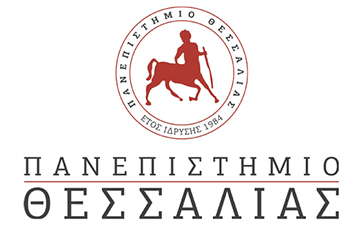

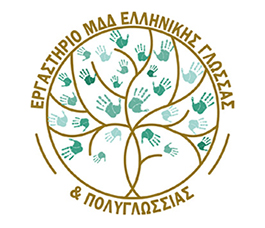
weaved by web2social
